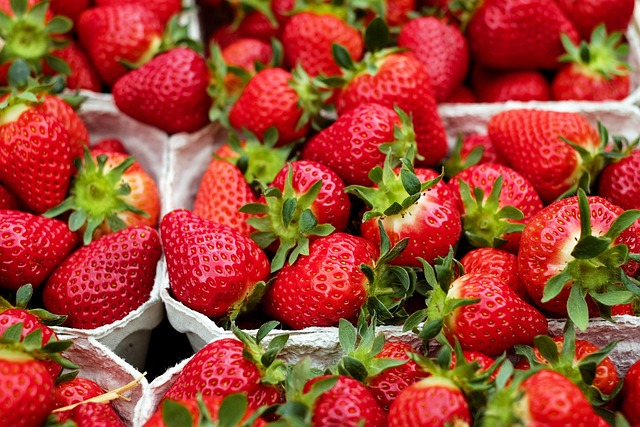To meet farmers’ demands for more sustainable and profitable growing practices, Verdant Robotics announced the expansion of its robot-as-a-service (RaaS) model to ensure access for more specialty crop farmers today.
“Farmers told us not to give them more data, but to figure out what to do with the mountains of data they already have, or better yet just go do it,” said Gabe Sibley, PhD., co-founder and CEO, who brings more than 20 years of experience in geo-spatial computation and AI. “They want a complete solution that takes action in real-time and keeps farmers in control, all while improving profitability and automating dangerous, back-breaking field work.”
Sustainability, Profitability Driving Interest in Farm Robotics
Investment into farm robotics as an enhancement to labor, profitability and sustainability has been building for years. Agricultural robotic startups brought in $491 million in investment during the first half of 2021, a 40 percent increase over the same period in 2020, according to AgFunder, but to-date, actual on-farm robotics has mostly been on a trial basis.
Following successful large-scale roll-out over the past 18 months, Verdant logged thousands of hours in 2021 and is already proven on multiple crops. “Today, Verdant machines are in the field all-day, every-day helping farmers achieve superhuman efficacy,” said Sibley.
Combining multiple technologies, the company’s 6-row and 12-row commercial implements can treat up to 4.2 acres per hour, achieving a higher weed-removal rate per acre than other technology or human ability, and reducing chemical usage by up to 95 percent. Simultaneously, its autonomous software system collects data and uses machine learning capabilities to optimize yield and growing outcomes, ultimately unlocking new revenues to help farmers reach profitability and sustainability goals.
“Verdant Robotics’ ability to digitize the farm enables precision technology at a level never before possible for specialty crops, removing the choice between environmental stewardship and profitability,” said Cannon Michael, a sixth-generation California farmer and CEO of Bowles Farming Company. “With the unique combination of automation and insight, farmers can collectively manage precious resources, like water, while maintaining or improving yields.”
RaaS Delivers AI, Robotics and Science to Farms of All Sizes, Faster
Verdant’s computational robotic and autonomous software systems combine decades of advancements in scientific fields, including computer vision, artificial intelligence, robotics, GPS-denied navigation, chemistry, and soil and plant sciences, to achieve the next generation of crop production.
“Verdant’s platform stands apart due to its integrated software and hardware that is applicable across a variety of high value crops,” said Steve Jurvetson, co-founder of Future Ventures and early investor into Verdant Robotics. “Drawing on expertise from Google X, NASA and several autonomous vehicle companies, the team has quickly delivered solid technology that ensures a growth path capable of addressing the global $8 trillion food and agriculture market and positions them well to meet the needs of farmers in adjacent markets and geographies.”
“Together with their customers, Verdant is driving a shift in agriculture akin to the transformation we’ve seen in aerospace and automotive when computation is brought to bear,” Jurvetson added.
Verdant leveraged investments from leading agriculture investors, including lead investor DCVC Bio, Autotech Ventures, Future Ventures, AgFunder, and Cavallo Ventures, among others. Building upon these investments, the company is expanding its platform with plans to commercialize a precision multi-action machine for orchards by 2023, delivering another first for the specialty crop industry.
Over the next several years, Verdant Robotics aims to deliver complete robotics solutions globally to help improve the quality, profitability and stewardship of important food crops and thereby feed growing populations more sustainably and nutritiously.










